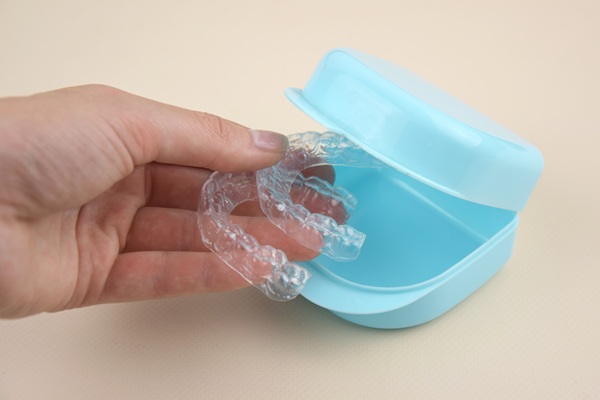 As a parent, you can help your child maintain good oral health at any age by learning pediatric dental tips to avoid cavities or decay. Cavities develop on the tooth enamel due to plaque, a sticky bacterial film that adheres to the surfaces of teeth. The bacteria thrive on the sugar and starch from consumed meals.
As a parent, you can help your child maintain good oral health at any age by learning pediatric dental tips to avoid cavities or decay. Cavities develop on the tooth enamel due to plaque, a sticky bacterial film that adheres to the surfaces of teeth. The bacteria thrive on the sugar and starch from consumed meals.
Plaque bacteria create acids, which can erode the tooth's protective outer layer. Since the enamel is not replaced after it has deteriorated, it is essential to prevent cavities from forming in the first place.
Pediatric dental care tips
The following are tips to help a child avoid cavities and reap the benefits of a healthy smile:
Establish an enjoyable oral hygiene routine
Dental professionals agree that a consistent dental hygiene practice, which is most successful when initiated early in life, is the best way to ensure a lifetime of excellent oral health. Although an adult may agree with this, a child's understanding of the need for frequent brushing and flossing may still be developing.
It might be challenging initially, but parents can help their child develop a consistent oral hygiene habit by establishing a fun brushing and flossing ritual. During brushing time, play one of the child's favorite songs or make up one. Also, whenever feasible, make oral hygiene routine a family activity. It is advisable for everyone in the family to brush and floss at the same time.
Ensure that the child visits the pediatric dentist twice a year
Visiting the child's pediatric dentist every six months is a crucial pediatric dental tip for stopping tooth decay. Pediatric dentists work with children as young as eight months old and as old as 18 years old, all while providing a warm, conducive environment and approach that best serves juvenile dental needs. The child's pediatric dentist can deliver efficient preventative dental treatments and help keep their teeth clean.
Inquire about fluoride treatment options
Fluoride is a naturally occurring mineral that strengthens tooth enamel and makes teeth less vulnerable to decay and deterioration. During fluoride treatment, the dentist applies a concentrated dose of this mineral topically to the child's teeth for optimal benefit. The pediatric dentist may recommend a fluoride varnish or rinse two to four times a year, depending on the child's age and cavity risk.
Get dental sealants
Back teeth (molars and premolars) have rough and grooved chewing surfaces. This means there are nooks and crevices where food particles and germs can hide, making them particularly vulnerable to tooth cavities. Sealants are thin protective coatings applied to the chewing surfaces of the molars and premolars. These are highly effective and can minimize the occurrence of tooth decay for several years.
Limit sugary treats
Candy, cookies, cakes, chips, sodas, juices, and sports drinks, among other foods and beverages, adhere easily to a child's teeth. Sugars and starches left over in the mouth nourish the acid-producing oral bacteria that cause cavities, while acid damages tooth enamel. Limiting specific snacks and drinks and having the child clean their mouth with water after consuming sugary, starchy, or acidic food items will help lessen the risk of cavities.
Final note
The pediatric dentist is available to help if your child ever develops tooth cavities. However, you can reduce the risk of this dental issue by following the pediatric dental tips highlighted here.
Request an appointment or call Nett Pediatric Dentistry & Orthodontics at 623-759-7658 for an appointment in our Phoenix office.
Recent Posts
Regular visits to a pediatric dentist who specializes in young patients are an important part of establishing good oral health practices. Many instances of severe dental conditions in children stem from either a lack of regard for proper hygiene or a lack of knowledge on the proper ways to care for a child's teeth. Check…
Pediatric dental care supports children's health, comfort, and development. Not only does it strive to detect and treat oral health problems early, but it also desensitizes children to dental visits to make each experience more comfortable. This special care and attention can motivate children to take good care of their teeth from a young age.Dental…
Cavity treatment for kids is a chief concern among parents, and for a good reason. Cavities are common in children of all ages. According to the Centers for Disease Control and Prevention, over half of the kids ages 6 to 8 have had at least one cavity in a primary tooth. The good news is…


